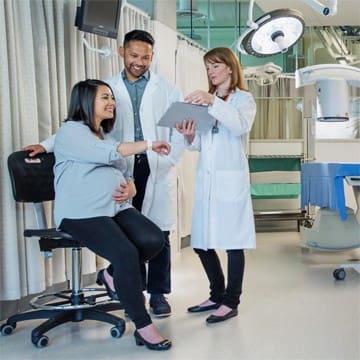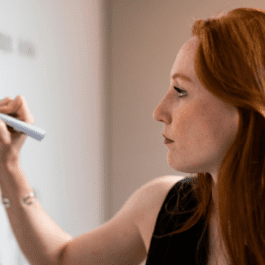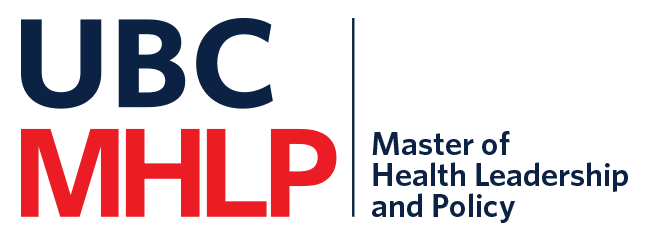Student Experience – Jen Muller
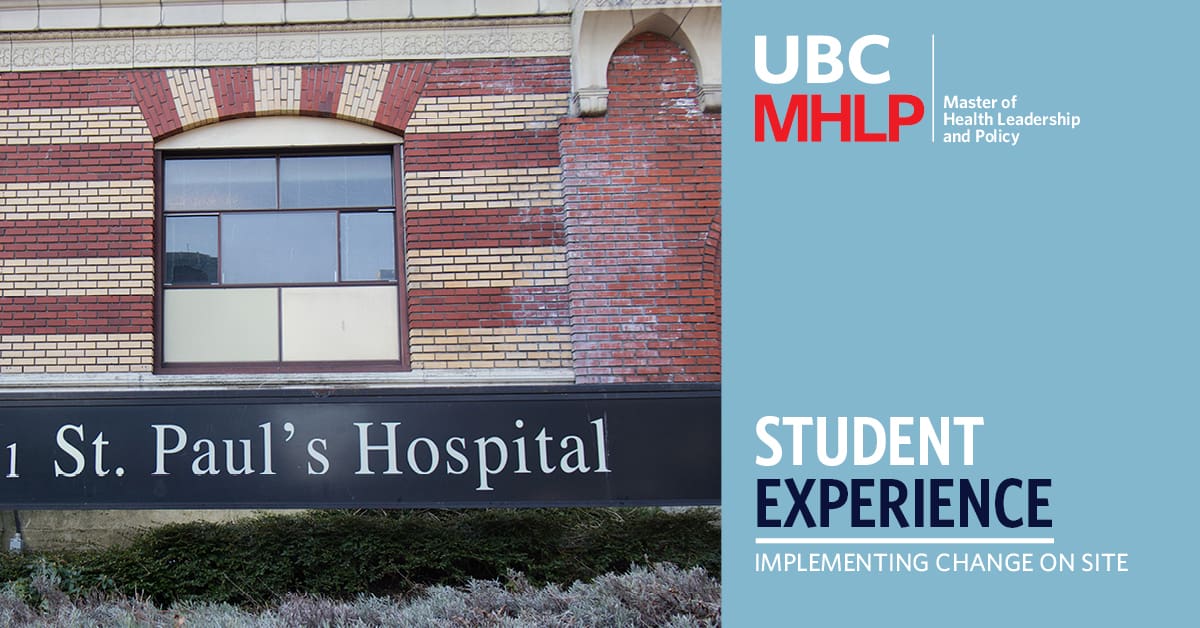
Students in the Master of Health Leadership and Policy (MHLP) in Clinical Education complete a practicum, giving them the opportunity to apply their skills and knowledge. For her practicum, Jen Muller assessed the need for a safe inhalation space for patients who use non-prescribed substances at a downtown Vancouver hospital.
Why did you decide to pursue the MHLP?
I graduated with a bachelor’s degree in nursing from UBC in 2013 and since then, I’ve worked in various clinical settings including acute medicine, maternity and substance use.
I currently work as a Clinical Nurse Educator in mental health. I felt that a master’s degree focused on leadership and clinical education would open up more opportunities and enable me to advance my career.
The MHLP also appealed to me because it’s a one-year program that combines nursing with business and leadership.
Tell us about your practicum experience.
I worked alongside Elizabeth Dogherty, the Clinical Nurse Specialist for Substance Use, at Providence Health Care in Vancouver to assess the need for a supervised inhalation space on-site at St. Paul’s Hospital for patients who smoke/inhale substances.
St. Paul’s is home to Canada’s first in-hospital overdose prevention site (OPS), but it is indoors and currently only offers supervised injection.
The nurses at the OPS do provide safer smoking supplies to go for patients who inhale substances, but patients are unable to smoke substances as the hospital is a smoke and vape-free premise.
This means that people who are inhaling substances often do so unsupervised on the rooftop patio, which has resulted in many overdoses each year.
Staff at the organization recognize and have identified that people do not have the same support for overdose prevention and response if they are inhaling rather than injecting non-prescribed substances.
How did you do your research?
I knew anecdotally – and through my professional experience and my mentor’s experience working with people who use substances in acute care – that more people are currently smoking rather than injecting substances.
I reviewed BC Coroners Service reports looking at the provincial data that’s been collected regarding the route of consumption in fatal drug toxicity (overdose) deaths.
The data shows that significantly more people are dying from smoking substances as opposed to injecting, but most harm reduction services related to supervised consumption are geared towards supporting people who are injecting.
That’s a huge gap in care.
I then reviewed data from the in-hospital OPS at St. Paul’s. The nurses collect data on whether users are visiting the site to access supplies, get their drugs tested and/or stay at the site to inject.
I found that the majority of people are coming to the site to get smoking supplies like foil and pipes to go – 62 percent in fact.
Because St. Paul’s is a no-smoking facility, they have to go elsewhere to inhale, which makes them vulnerable to the risk of unsupervised overdose.
What recommendations came out of this research?
The Clinical Nurse Specialist provided the data to the director of the addiction medicine program and is advocating for an outdoor supervised inhalation space on site.
She is also consulting with many different regional groups and a national group to learn how other hospitals are handling this issue.
What did you take away from this project?
I was able to attend meetings related to this work, which gave me a broad understanding of how expansive and important this work is.
I came away with a strong appreciation of St. Paul’s commitment to innovation and how quickly they are moving, particularly given that for something like this there is not a lot of data.
How did you get your practicum position?
All students in the Clinical Education program need to complete a practicum.
I knew I wanted to work in the area of substance use, and I knew great things about the addiction medicine and urban health team at Providence Health Care.
So I reached out to the Clinical Nurse Specialist to find out more about the issues she was facing in her clinical practice and to see if there was an opportunity for me to do my practicum with their team.
She then talked with Jennifer Baumbusch who organizes the practicum experiences for the Clinical Education program.
Did you apply the knowledge you learned in your healthcare and business classes?
Yes! I used some of the material we covered in our research course.
I also incorporated content from the Theoretical Foundations and Leadership in Nursing course and was very aware of the importance of ensuring that my beliefs, values and philosophies were in line with the work being done through the practicum.
On the business and leadership side, learning how to use Excel was very useful.
The project management course also helped me make sure everything stayed on track.
What’s next for you?
I would love to get a job in this area. Having completed the MHLP in Clinical Education,
I have more knowledge of how to create and successfully implement policies and initiatives to make change happen.
In a clinical nurse specialist role or in a leadership position, you also need to be able to identify the educational needs of the people who are implementing the initiative and determine what that education might look like to be as effective as possible.
The MHLP in Clinical Education has given me the tools to do that.
Clinical Education
Develop the educational strategies and leadership skills to create caring, collaborative clinical environments.
Read MoreApplication Deadlines
The online application portal for the January 2025 has closed.
Get ready to apply!
Admissions for the 2026 intake will open on January 1, 2025.
How to ApplyFeatured Faculty and Staff
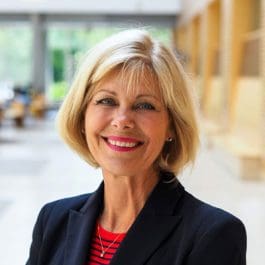
DR. CHERYL SEGARIC
Featured Alumni

Arlene Singh
An MHLP practicum in virtual health launched Arlene Singh into a new and timely focus for her career – supporting health-care practitioners to use the latest technology to provide patient-centred care.
